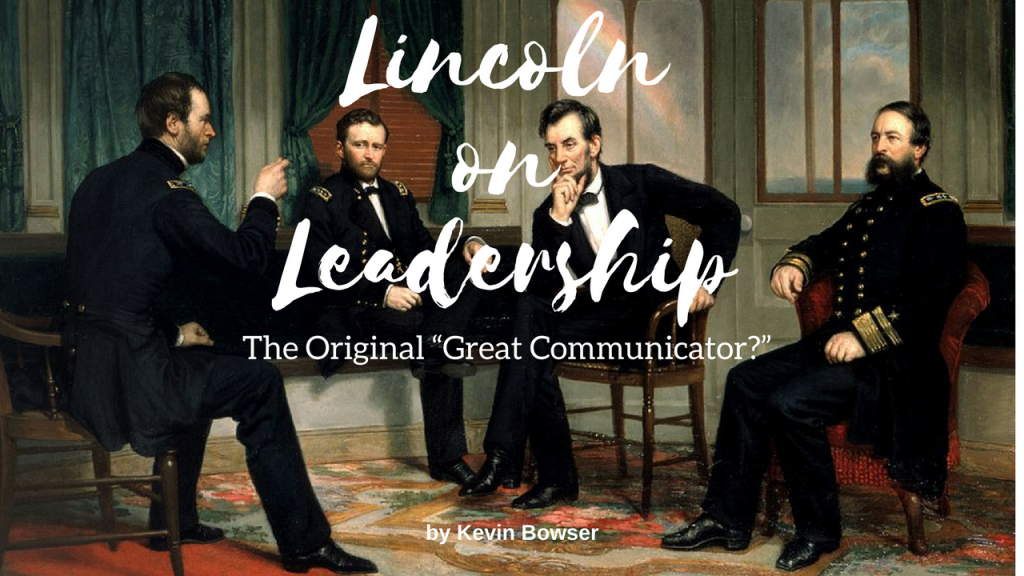We were supposed to board the plane at 2:50 pm and be “wheels up” at 3:19 pm. That was the plan. But the incoming plane arrived with three broken seats and we were placed on a mechanical delay. In the midst of doing the pre-flight routine, the pilots discovered that the plane had also been hit by lightning as it cut through some thunderstorms. Now there was another delay.
A total of 9 mechanical delays and we had no idea when we would leave Detroit to come home to Houston. One by one, the plane that was overbooked dwindled down its passenger list to only 11 men and 1 woman. And none of us knew when, or if, we were going to get home that day. The flight was never canceled. It was just on an indefinite delay.
Indirect Communication
Throughout the whole ordeal, the gate agents were great. But, there was really nothing that they could do except for relay information from the flight deck to us at the gate. So, every 20 or 30 minutes the gate get would unlock the door and walk down the jetway and board the plane to talk to the flight crew. We could not do that. We wanted to. But we could not go beyond the gate area until the plane was cleared to fly.
Time after time she would go to the plane and return with little or no real news. “The mechanics had not arrived. The mechanics were working on the problem. You may want to make other flight arrangements.” All of these messages were being relayed to us. But the real question on the minds of the few that remained was this: “Are we going to get home tonight?” It was more than 4 hours past our originally scheduled departure and we did not have the central question answered.
All we had was indirect communication. The gate agent was just a messenger.
Click here to read the rest of the article »











